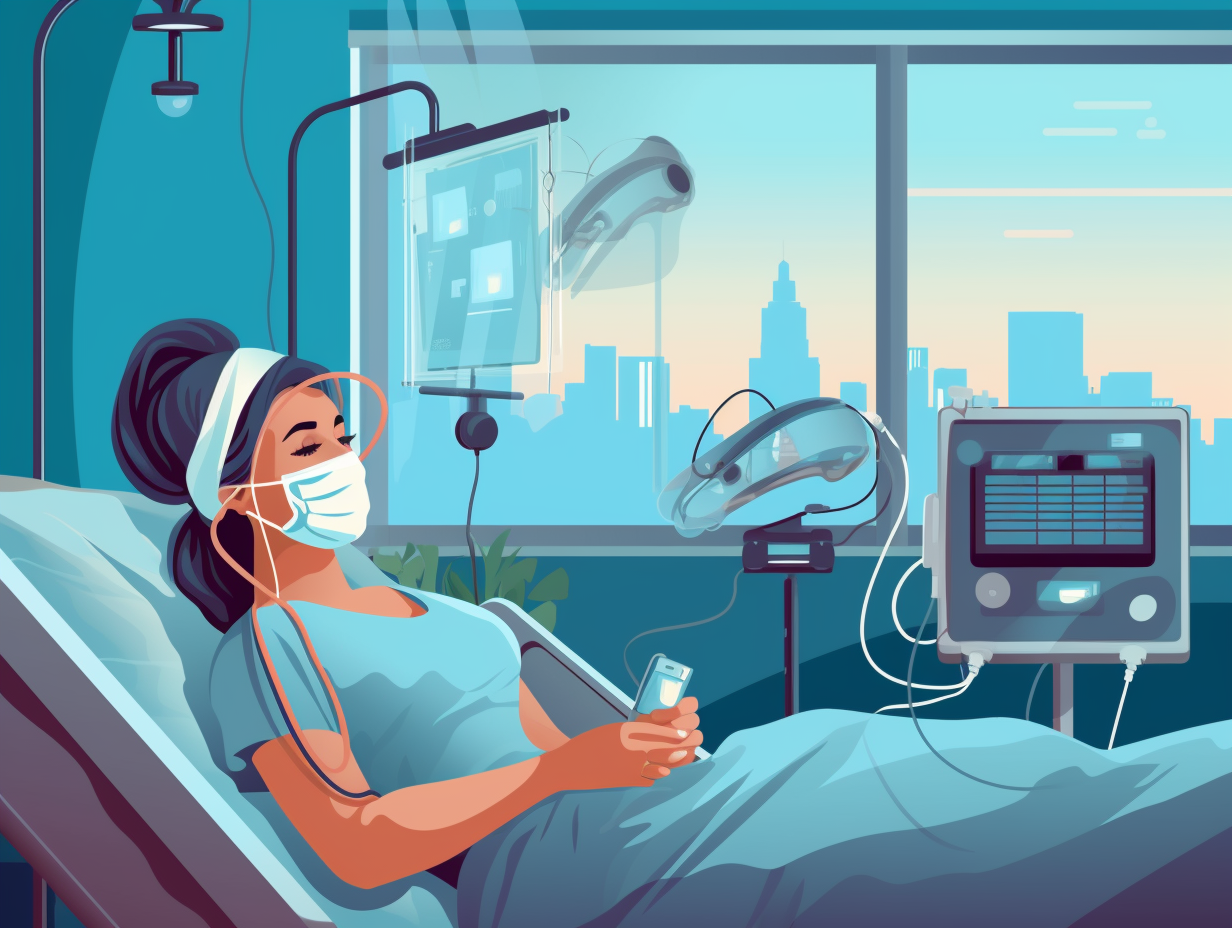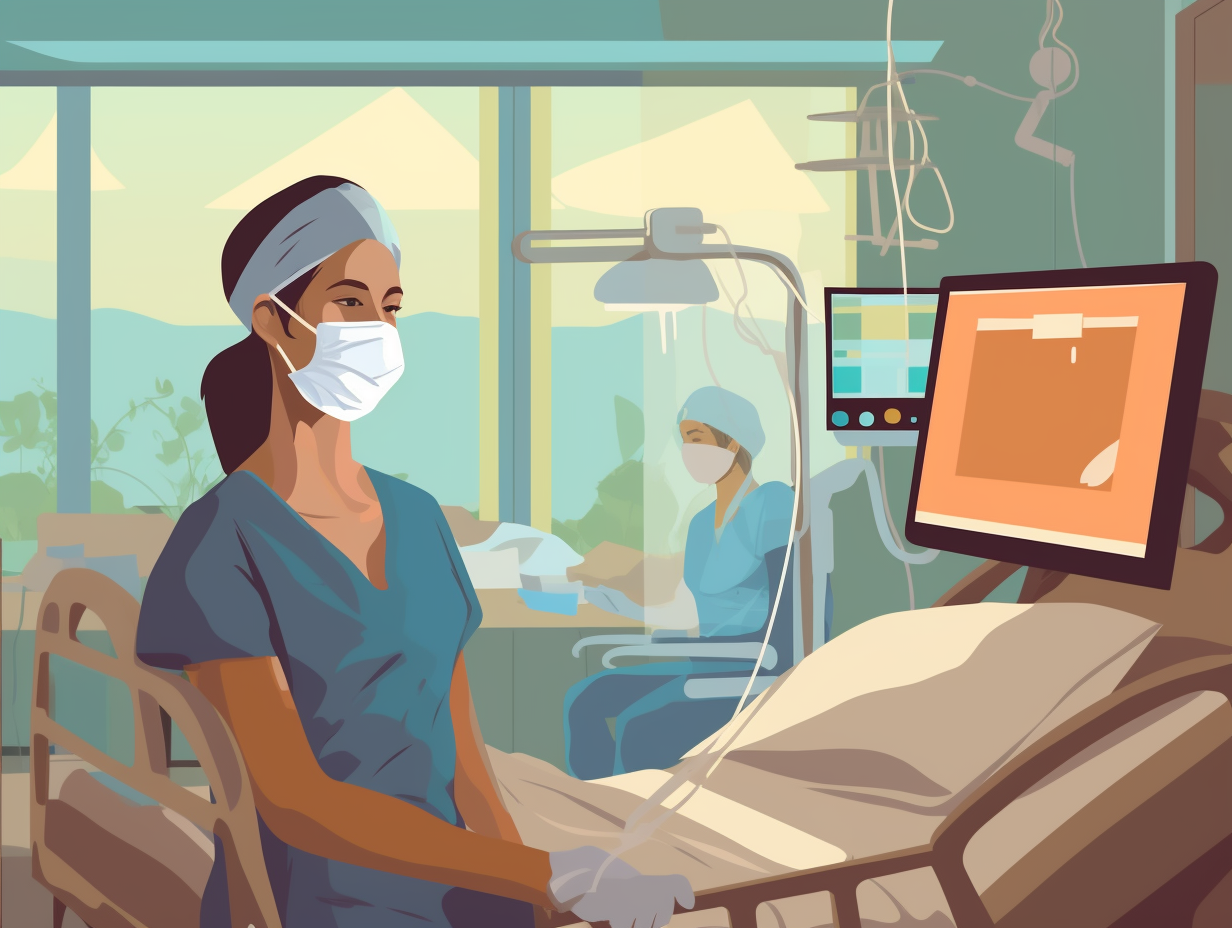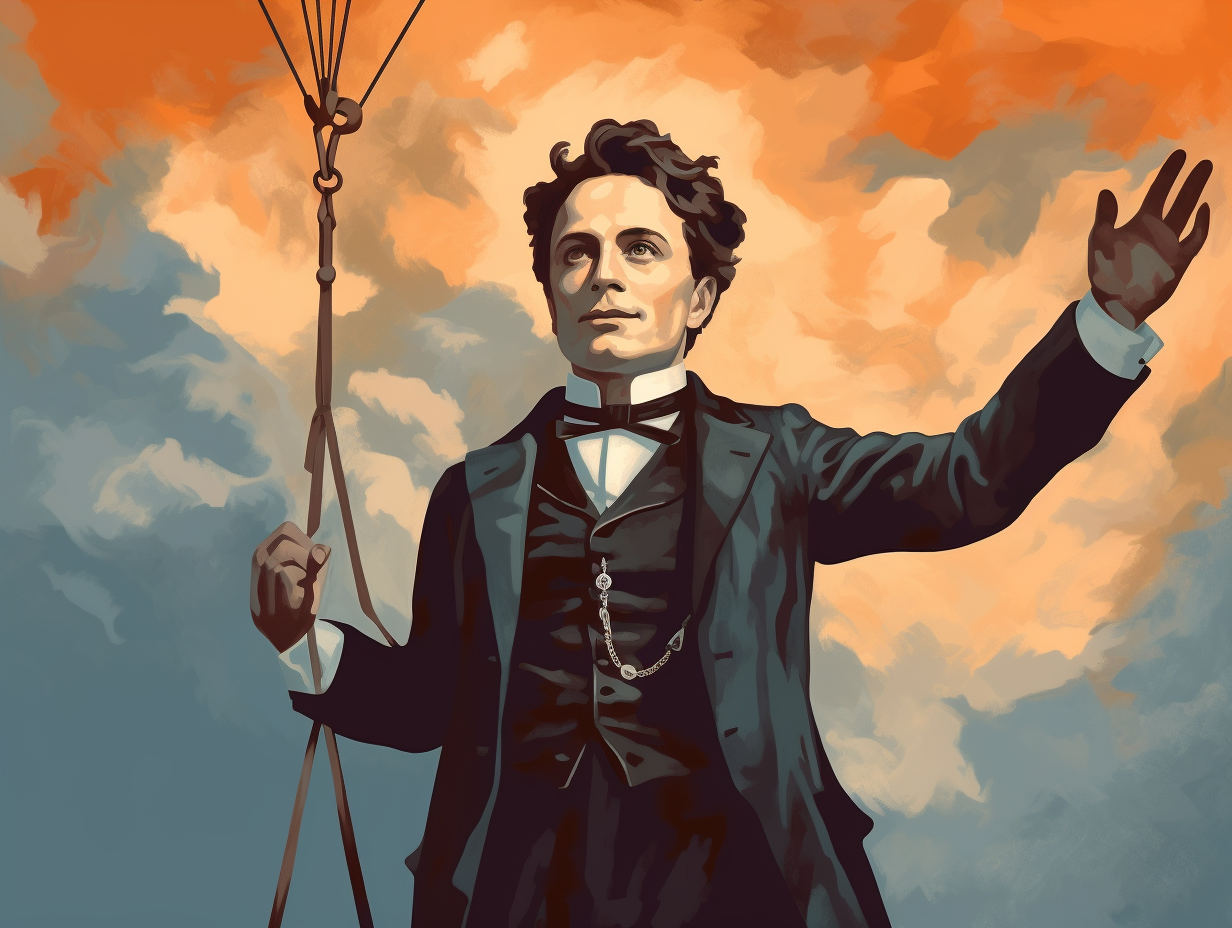Top 6 Unbelievable Fun Facts About Nurse Anesthetists You Need to Know!

1. Frontline Sleep Heroes
From tending the wounded on the battlefield to literally taking the sting out of things in modern times, nurse anesthetists have shown they're no joke when it comes to putting us to sleep: Since World War I, they have been the primary providers of anesthesia care to American soldiers on the front lines, even dating back to the Civil War, and continue to play a vital role in the U.S. military to this day.
Source => staffcare.com
2. Caffeinated Super-Nurses
Stepping into the operating room with a dash more caffeine than your favorite barista, nurse anesthetists are the superheroes in scrubs ready to whisk you away into a serene world of slumber: They are Certified Registered Nurse Anesthetists (CRNAs) who have completed at least 7-8.5 years of education, carry an unencumbered nursing license, have a solid year of critical care experience under their belts, and have conquered a whopping 9,369 hours of clinical experience to keep patients safe and cozy as they snooze through surgeries.
Source => aana.com

Did you know dental hygienists have a secret language called "Molar-culous" to empower patients and help tooth fairies? Discover their magical communication skills ✨🦷 and learn how they improve your oral health!
=> Fun Facts about Dental-Hygienist
3. Partner-Up Plot Twist
Like a choose-your-own-adventure of medical partnerships, Nurse Anesthetists may find themselves teaming up with podiatrists or dentists – but only if fate (or rather, state laws) allow it: Depending on the nursing statute and regulations in each state, CRNAs may or may not be permitted to work with these professionals. It's a professional plot twist that keeps things interesting for Nurse Anesthetists, who must remain well-versed in the settings and anesthetic activities that these alliances are authorized for.
Source => aana.com
4. Real-Life Anesthesia Avengers
Step aside, Marvel superheroes: there's a real-life squad saving the day in the operating room and beyond – Certified Registered Nurse Anesthetists (CRNAs)! These anesthesia-providing powerhouses deliver care to over 50 million patients in the US annually, while heroically supporting over 80% of rural communities with their expertise. Combined with their 150 years of experience, they ensure patients dodge the ultimate villain: a 75-mile journey for pain management.
Source => aana.com

5. No Laughing Gas Path
Hold onto your scrubs and IV tubes, folks! Becoming a nurse anesthetist is no laughing gas matter: To graduate as a certified registered nurse anesthetist (CRNA), one must spend at least a year working as a baccalaureate-prepared registered nurse (RN) in critical care and then complete a demanding graduate program with over 2,000 clinical hours, ensuring patients enjoy a pain-free, snoozefest during procedures.
Source => nursing.buffalo.edu
6. South Dakota's Super-Nurses
Who needs doctors when you've got super-nurses with capes and anesthesia skills in South Dakota? That's right, these medical maestros keep patients pain-free and surgeries running smoothly: Nurse anesthetists are not just mighty, but also the only anesthesia providers in 100% of rural facilities in South Dakota, covering 41 out of 66 counties. These highly trained CRNA heroes ensure everyone gets essential anesthesia services, even as they save the day with safe and cost-effective care.
Source => sdana.com






